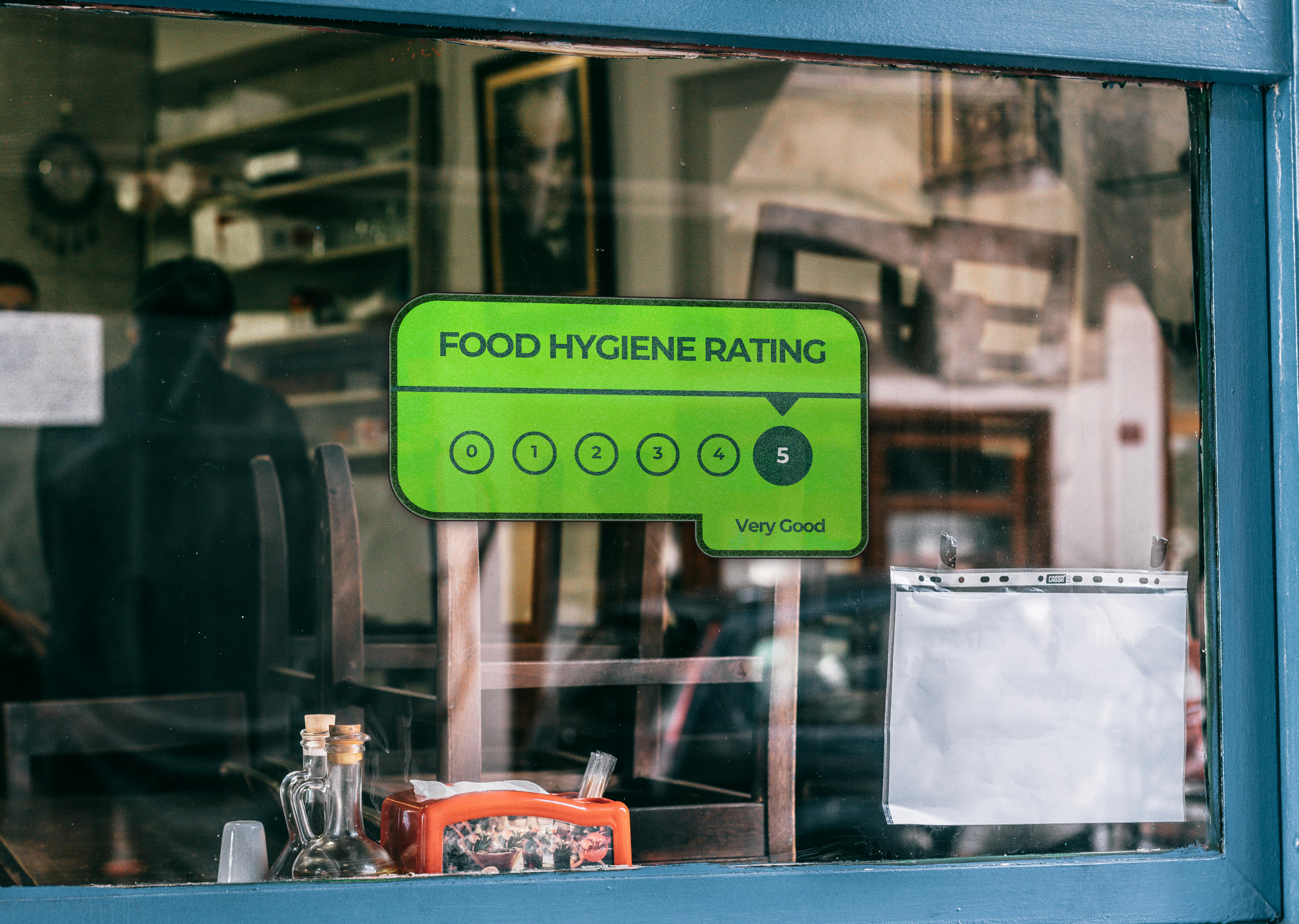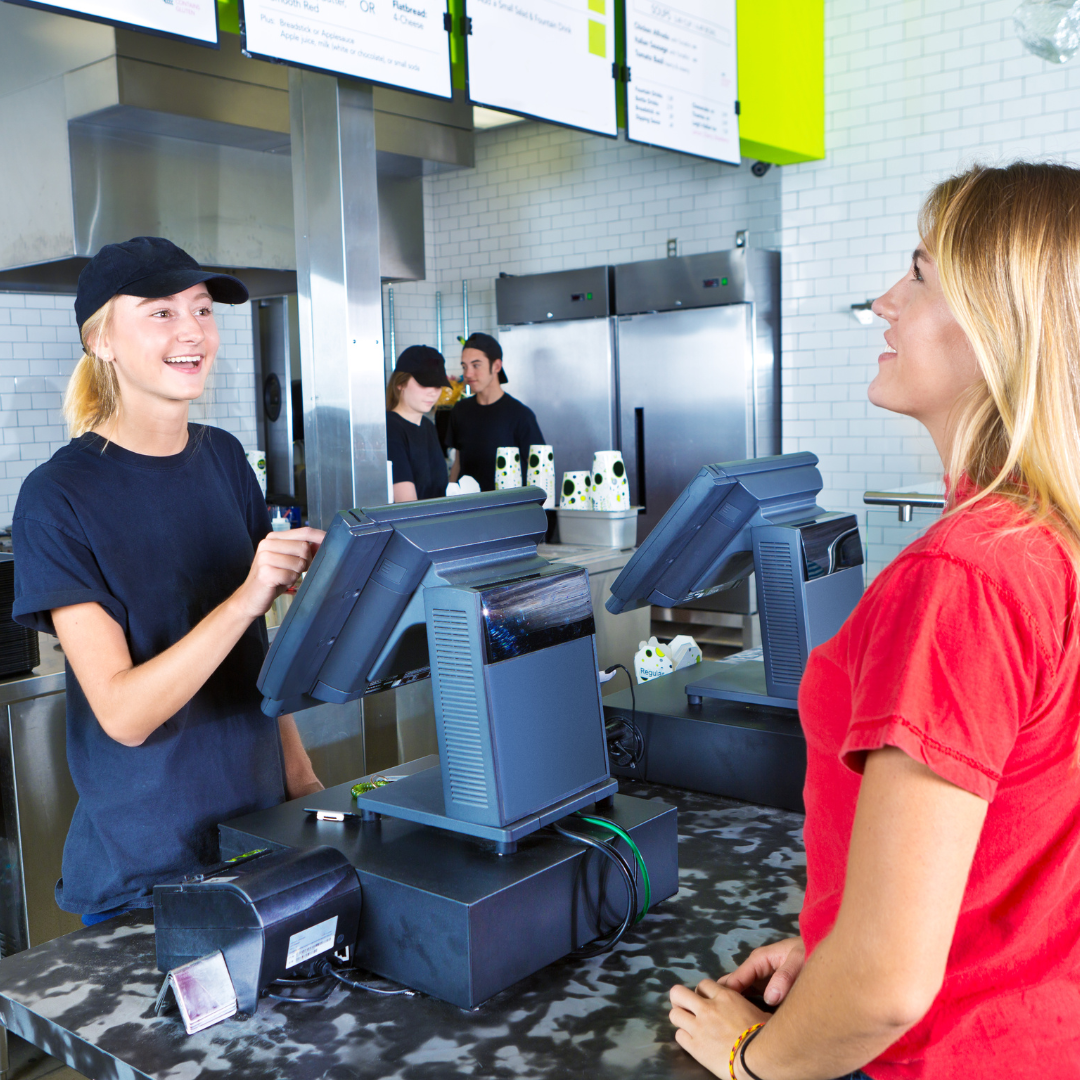Smart Stadium Technology: Enhancing Fan Experience & Ensuring Compliance
Welcome to the Smart Stadium Era The modern stadium is no longer just concrete and seats, it’s a connected ecosystem. From the moment fans scan their ticket to the last pint poured, data is powering every part of the experience.Global investment in smart stadium technology is soaring. Valued at $8 billion in 2024, the market is projected to reach $38 billion by 2033. Venues that once focused solely on capacity now focus on connectivity, sustainability, and...
Mastering HACCP for Large Venues: Plans, Principles & Digital Solutions
Why HACCP Matters More Than Ever in 2025 Every burger, pint, and pastry that leaves a stadium kitchen represents your brand’s promise of safety. Behind that promise sits one essential framework: HACCP (Hazard Analysis and Critical Control Point).For Environmental Health Officers (EHOs), HACCP isn’t a suggestion; it’s the law. Under the UK Food Safety Act and FSA guidance, every food business from a kiosk to a corporate suite must implement and document a HACCP-based food safety...
Food Hygiene Ratings & Stadium Reputation: Why Compliance Pays Off
Reputation Starts Behind the Counter Before a fan sees your team play, they see your food stalls.And whether it’s a burger in the concourse or canapés in a VIP box, every customer makes the same silent judgment: “Can I trust this?”That trust doesn’t just hinge on flavour or speed of service, it hinges on food safety.In the UK, the Food Hygiene Rating Scheme (FHRS) makes that trust visible. Your score, displayed on every kiosk and Google...
EHO Inspections in Stadiums: Your 2025 Compliance Checklist
The New Reality for Stadium Food Safety When tens of thousands of fans pour through your gates, safety isn’t optional, it’s the foundation of the experience. From the match-day pie stands to the corporate suites, every outlet is a food business in its own right. That means Environmental Health Officers (EHOs) can inspect any of them, any time, without notice.For large venues, the days of paper diaries and “we’ll find the log later” are over. Regulators...
Why Strong Safety Policies Are Essential and How to Make Them Work for Your Business
At Navitas Safety, we talk a lot about policies, not just because they’re required, but because they’re vital. Whether you manage a hotel, a care home, or a large food operation, strong, well-maintained safety policies don’t just protect your business, they enhance it.I often get asked: Are policies legally required? What do they need to cover? Is a simple statement enough? These are important questions, but before we get into the detail, let’s take a...
Workplace Heat Safety: How to Keep Your Team Cool, Safe, and Compliant This Summer
We’ve already had our first spell of very hot weather across the UK—and with more likely on the way, now’s the time to make sure your workplace is ready. For those in hospitality, leisure, and other labour-intensive industries, preparation is key to tackling the challenges rising temperatures bring.Let’s be honest—it doesn’t happen all that often in the UK, so it can catch teams by surprise! But high heat brings real risks to health, safety, and...
The Importance of Safety & Compliance in Quick Service Restaurants (QSRs)
In the high-pressure environment of food service, few sectors face more daily demands than Quick Service Restaurants (QSRs). With high footfall, quick turnarounds, and growing international footprints, QSRs must ensure robust safety and compliance systems are in place—not just to protect public health, but also to support long-term success and brand reputation. Why Safety & Compliance Matter Establishing simple yet effective safety and compliance standards is essential to the health, safety, and welfare of both employees and...
Commercial Kitchen Fire Safety: Lessons from a Real-World Incident
On 14 February 2025, a devastating fire ripped through the iconic Chiltern Firehouse Hotel in Marylebone, London. According to reports from the London Fire Brigade, the blaze originated in the kitchen and spread rapidly via ducting to the roof, ultimately destroying the third floor and roof and damaging multiple levels of the building. Thankfully, all 100 people inside were safely evacuated before emergency crews arrived.But the fire—triggered by burning wood falling from a pizza oven...
ESG Auditing: The Key to Sustainable Business Compliance
In today’s rapidly evolving business landscape, Environmental, Social, and Governance (ESG) compliance is no longer a "nice to have"—it’s a critical requirement. With increasing corporate social responsibility (CSR) demands, tightening waste regulations, and growing consumer and investor focus on sustainability, businesses must now actively demonstrate their commitment to ESG principles.However, achieving ESG compliance can be challenging. From navigating new regulations to implementing sustainability initiatives across multiple sites, businesses often struggle with visibility, cost concerns, and...
Navigating Allergen Management: Why Compliance Matters More Than Ever
Allergen management has become one of the most dynamic and complex areas of food safety in recent years. With increasing legal requirements, growing consumer awareness, and heightened accountability for businesses, staying compliant is no longer just a box-ticking exercise—it’s a fundamental part of ensuring customer safety and business success.From the 2014 introduction of the 14 key allergens to the 2021 requirement for clear labelling on pre-packed for direct sale (PPDS) foods, allergen legislation has continually...














